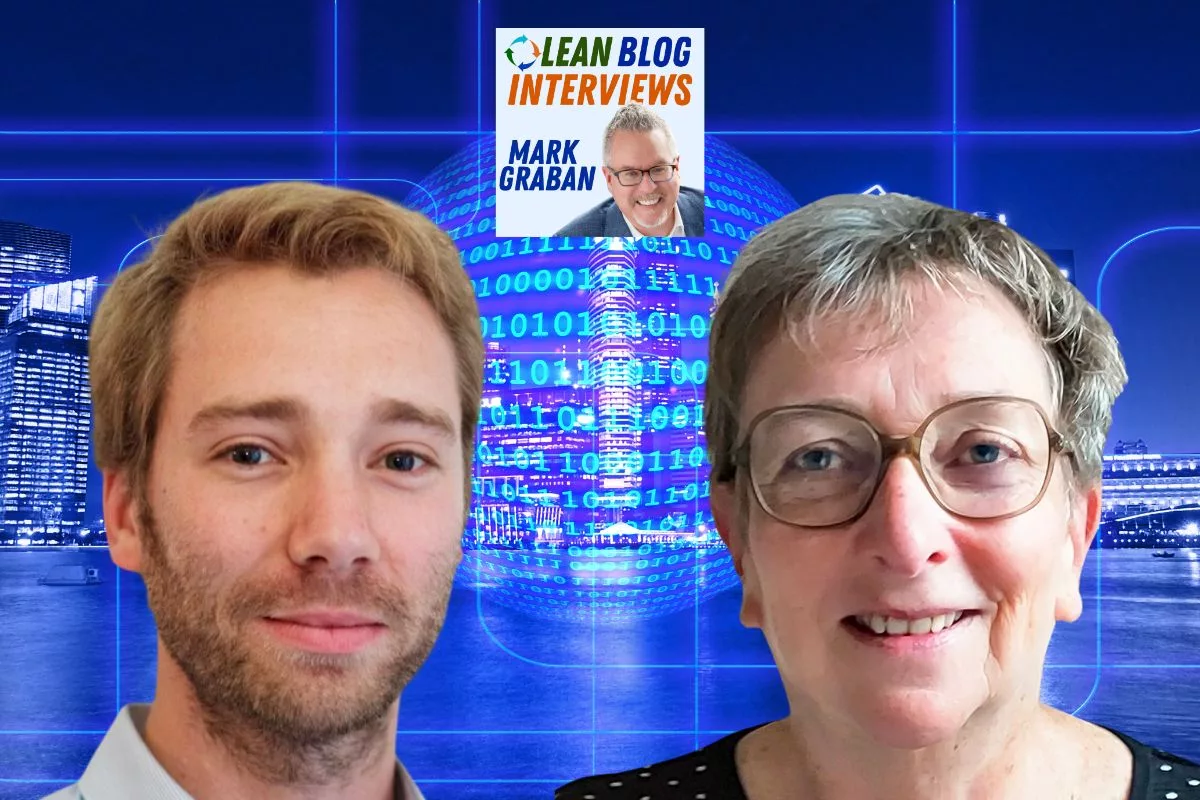I've been really intrigued recently by the innovations in the “Lean Startup” movement. I've been reading Steve Blank's book The Four Steps to the Epiphany about his “Customer Development” model (a process to parallel the traditional product development model). I'll write a separate post soon about the book, it's the basis for the customer-focused iterative startup model that Eric Ries is advocating.
In this post, I'm linking to the recent WSJ article about Eric and lean startups, “Philosophy Helps Start-Ups Move Faster“).
The article gets across the important message that Lean doesn't mean cheap. This is a good general Lean lesson, that it's not about petty cost-cutting and general stinginess. It's about learning faster and being more effective.
Mr. Ries's Lean Startup philosophy aims to help new companies make speedier decisions by taking a more disciplined approach to testing products and ideas and using the resulting customer feedback.
Instead of building a software product over months and jamming multiple features into the product, for instance, Mr. Ries advocates continually deploying new software to test whether customers actually want a particular feature. That enables a start-up to more quickly decide if the feature is a waste of time to build and if so, to move on.
The lean startup is an iterative, small-batch process. It's not the traditional linear product development process (as Blank writes about in his book) where you have an idea, build a product, and then pressure sales and marketing to sell whatever you built (based on the founder's belief of what customers want).
The article features a company whose products I've been using a bit recently, Dropbox. Here is the Dropbox presentation from the recent Startup Lessons Learned conference that Eric hosted. Their philosophy is “learn early, learn often.” As with other lean startups, the idea is to launch when you have what they call a “Minimum Viable Product,” as they Dropbox says “Not Launching –> Painful, but Not Learning –> Fatal.”
Here's a video with Eric with the WSJ reporter. When I watched it, I got a nice 15-second Toyota ad with employees talking about kaizen. Maybe you'll see that too.
What do you think? Is there applicability for new product launches in non-startup companies? For any product, it's helpful to find out earlier if you actually have customers, eh??
What do you think? Please scroll down (or click) to post a comment. Or please share the post with your thoughts on LinkedIn – and follow me or connect with me there.
Did you like this post? Make sure you don't miss a post or podcast — Subscribe to get notified about posts via email daily or weekly.
Check out my latest book, The Mistakes That Make Us: Cultivating a Culture of Learning and Innovation:








